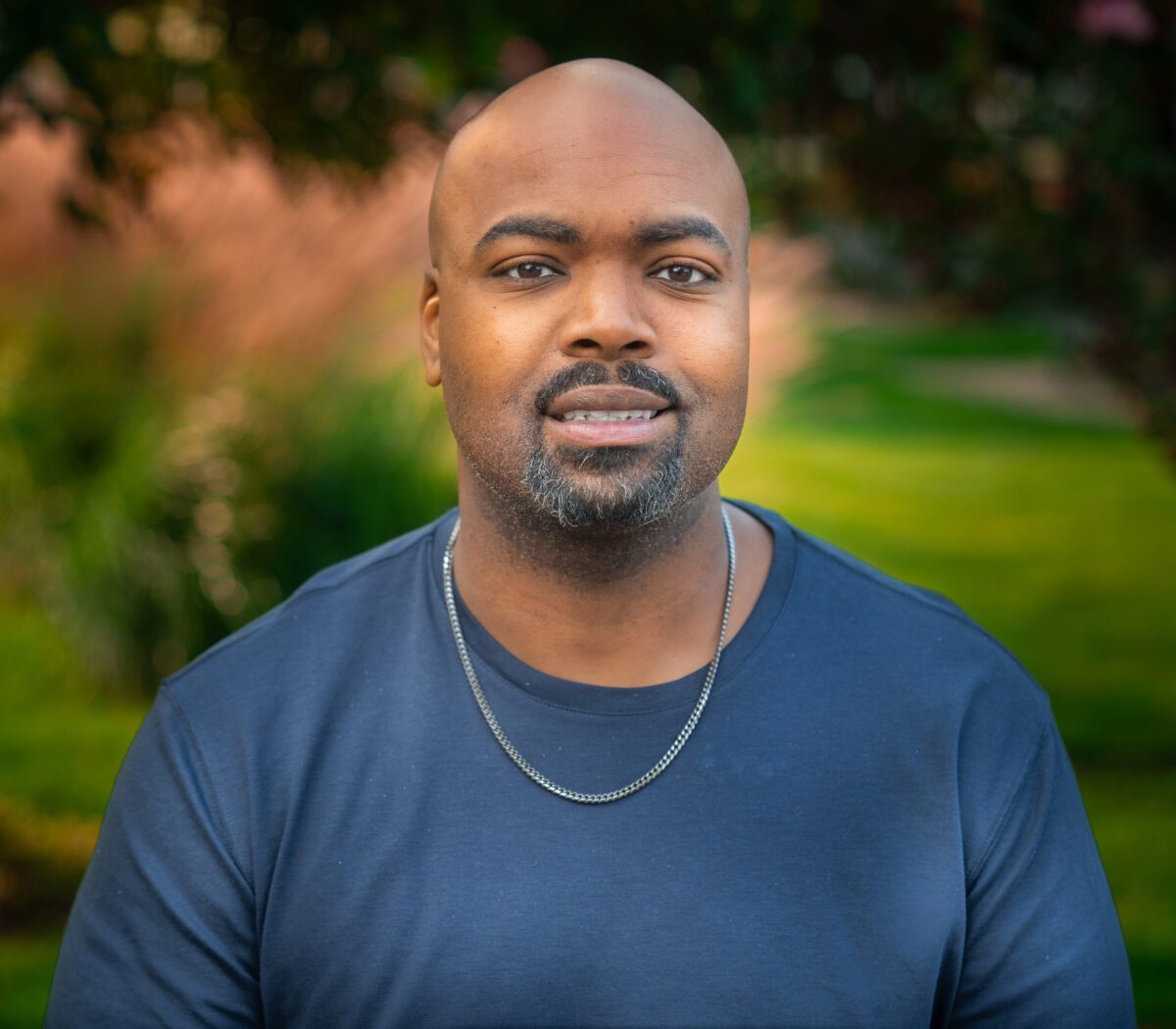Dr. Darrius Stanley, author of the book “#Black Educators Matter”, says that Black educators have historically provided much more than academic instruction in the classroom. He says that, most importantly, they offer a vision for the future.
Stanley is the assistant professor and Carmen Starkson Campbell endowed fellow for innovation in teacher development at the University of Minnesota.

“Black folks have always dreamed about spaces that don’t currently exist,” Stanley said. “And this notion of ‘freedom dreaming’ has always been at the forefront of Black education.”
In his new book, Stanley explores the legacy of Black educators like Carter G. Woodson and Mary McLeod Bethune. He also revisits the historical events that pushed Black teachers out of the profession, like the thousands displaced after the Brown v. Board of Education decision. Part of Stanley’s work is to find ways to welcome Black educators back to the profession.
“We have to have a leadership model and perspective that’s willing to see Black educators as intellectuals, as pedagogues [and] as experts in their field,” Stanley said.
Breaking through barriers
Black teachers are often expected to do much more with the same or fewer resources, Stanley added, like acting as a parental figure and providing emotional support. He says the higher needs of the students should not be a deterrent.
“I think the expectations from Black students, that’s more of a reason to be there.”
Currently in her seventh year of teaching, JaVaughn Hardaway said the students from her early years inspired her to work even harder to meet their needs. At the time she said she was working at a school where students had high needs and limited resources.

“I knew that I wasn’t equipped to be able to handle the needs of the students I was serving at the time, and I wanted to do better. That experience really motivated me to learn all that I could just to be better for those students.”
Using affirmations, a morning message or a game, Hardaway said she now works daily to create a sense of community and a safe space for students to “get a little better every day.”
Hardaway went to college to become an attorney, but a course on African Americans in education opened her eyes to the disparities Black students face in school, like racialized tracking. It was in that class that she discovered she, too, had been tracked based on race. As a student, she was placed in remedial classes, but because of her mother’s advocacy, she was moved to honors classes. During college, she realized she wanted to be part of the solution for other students like her.
She has seen her students grow in both their skills and their confidence and the responses from students and families let her know she is making a difference.
“Parents will outright thank you and say, ‘Thank you for what you did for my child.’”
Hardaway believes having a culturally-conscious and knowledgeable Black teacher is “critical” for Black students.
Stanley agrees, saying the mathematical or linguistic genius that Black teachers offer is not often recognized, but it should be if schools aim to increase diversity within the field. About 80 percent of teachers identify as white and non-Hispanic, according to the National Center for Education Statistics.

Yvonne Watson, a reading interventionist at KIPP Elementary, said the ability to overcome obstacles is part of what Black teachers bring to the school setting.
“As an African American growing up in the United States of America, we face those kinds of challenges in our regular life and it has built a resilience in us as a people,” Watson explained. “We bring that resilience into our classrooms and into the schools that we work in.”
Watson said the positive outcomes have far outweighed any challenges she encountered as an educator.
“I knew I was called to do this. I knew that the journey may not be easy, but it would be worth it.”
Living the legacy
For Stanley, the mission to recognize the value of Black educators is both professional and personal. He wants his book, which he dedicated to his grandparents who grew up in the segregated south, to be a part of continuing the conversation on the importance of Black educators.
His grandmother was a librarian who encouraged reading and promoted academic pursuits within the family. His grandfather told him stories about walking to school in Tallahassee where, due to heavy rains, the road to the all-Black school would sometimes be completely washed away. Despite those obstacles, Stanley said his grandfather continued to go to school when he could and instilled the value of education in his grandson.

Stanley hopes “#Black Educators Matter” honors his grandparents’ legacies and tells a more accurate story.
“We want to correct the historical record on Black educators – their role in schools and what they have done, what they continue to do and what they bring at an intellectual level,” Stanley said.
Hardaway celebrates the impact of Black educators in and out of the classroom.
“Black teachers have held an important place in social movements in general, but also in people’s lives,” Hardaway said.
Stanley’s book, “#Black Educators Matter” was published in January 2024 by Harvard Education Press and is now available for purchase through Amazon.
Contact Editor-in-Chief Camike Jones at 317-762-7850.
Camike Jones is the Editor-in-Chief of the Indianapolis Recorder. Born and raised in Indianapolis, Jones has a lifelong commitment to advocacy and telling stories that represent the community.







